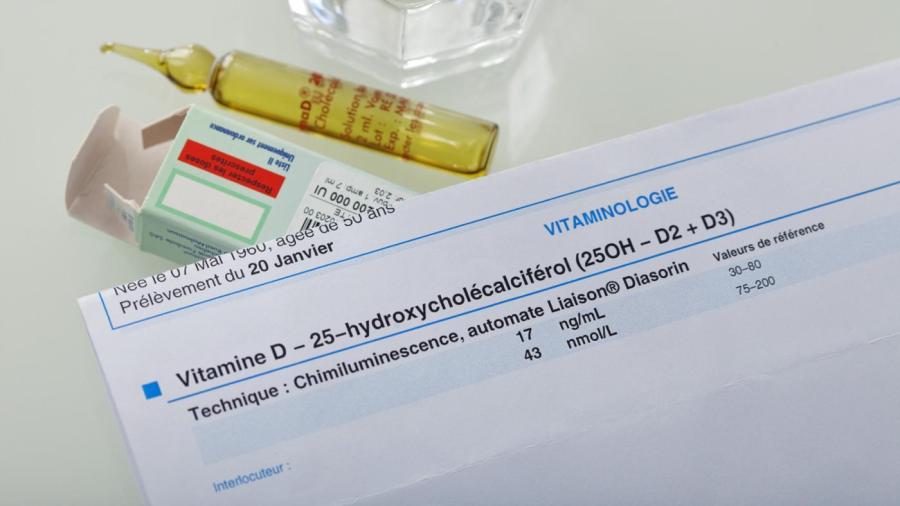What Happens If You Do Not Get Enough Vitamin D?

According to WebMD, vitamin D deficiency is traditionally known to cause rickets, but a myriad of other health conditions have also been associated with low levels of vitamin D in the blood, including bone and muscle pain and weakness, cardiovascular disease, asthma and cancer. Vitamin D, commonly referred to as the sunshine vitamin, helps the body use calcium and is essential for strong bones and immunity.
As pointed out by Medicine Net, an adequate amount of vitamin D in the body can help prevent osteoporosis; lower blood pressure; reduce inflammation; prevent cavities and other dental problems; reduce the risk of allergies in children; and decrease the likelihood of developing type 2 diabetes, multiple sclerosis and autoimmune diseases. Medicine Net states that symptoms of vitamin D deficiency range from subtle to nonexistent, and the only way to confirm a deficiency is through a simple blood test available at a doctor’s office. According to WebMD, vitamin D is most commonly available through supplementation, dietary changes and spending time in the sun. Medicine Net notes that fortified foods such as milk, and naturally occurring vitamin D-rich foods such as fish, eggs and liver, are the most common sources of vitamin D in the diet.





